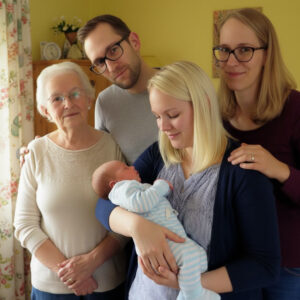The Hidden Risks of Kissing a Deceased Loved One
While the impulse to give a final kiss to a loved one is deeply human, this farewell gesture can pose serious health risks.
Once the immune system shuts down after death, bacteria multiply rapidly, and viruses like HIV, hepatitis, or tuberculosis may remain active for a time.
Direct contact with the mouth or skin of the deceased can therefore transmit pathogens, especially if the person passed away from an infectious illness.
Decomposition also releases fluids and gases filled with harmful microorganisms. Touching or inhaling these substances
can cause skin infections, stomach issues, or even respiratory illness, particularly in those with weakened immune systems. In funeral settings,
risks increase further due to possible cross-contamination or exposure to embalming chemicals, which may cause allergic reactions.
Beyond the physical dangers, there are emotional concerns. Kissing a deceased loved one may leave disturbing memories that deepen grief instead of offering comfort.
Safer, meaningful alternatives include holding their hand, gently touching their forehead, or simply spending time beside them in quiet reflection. These
actions provide connection and closure without endangering health, showing that protecting oneself in moments of mourning is also an act of love and respect.





